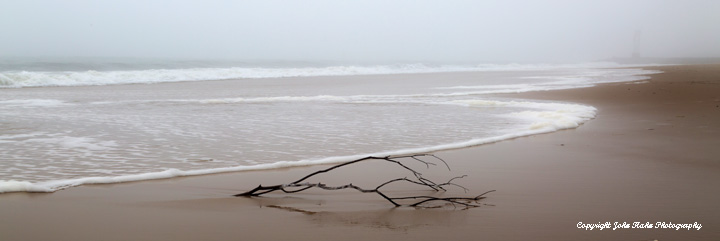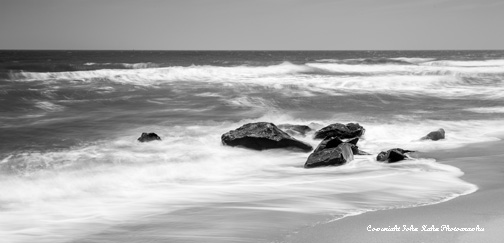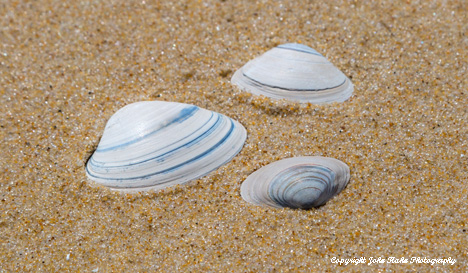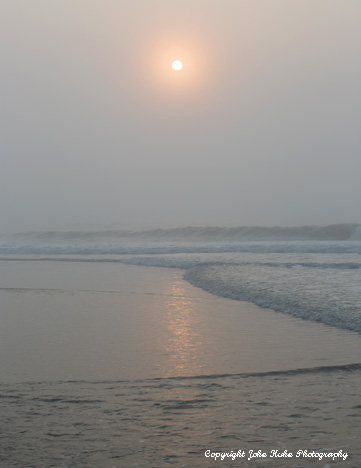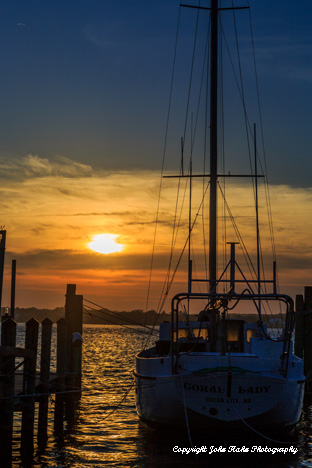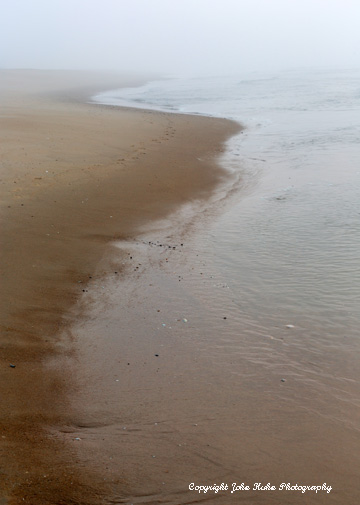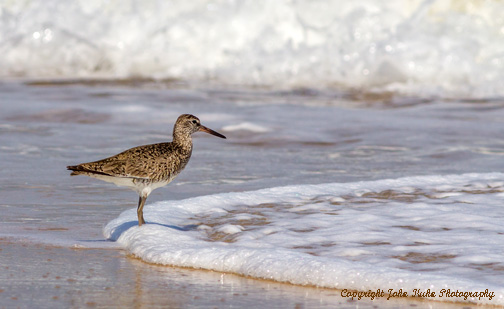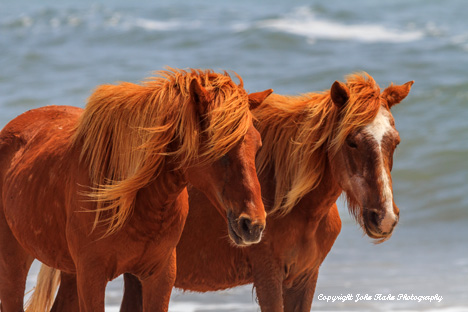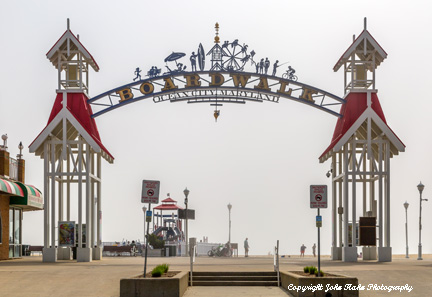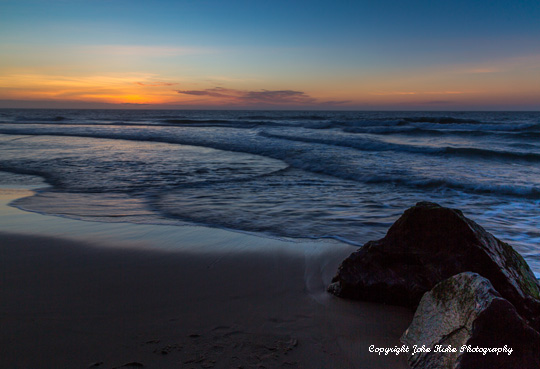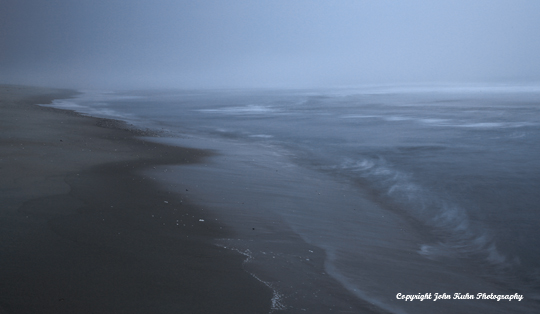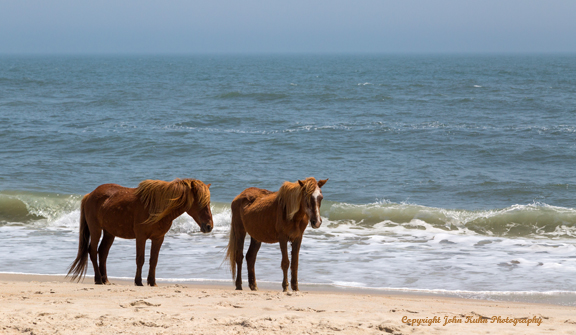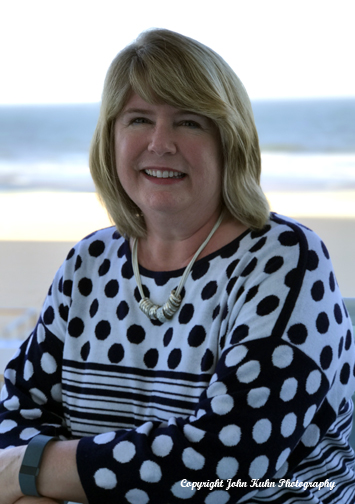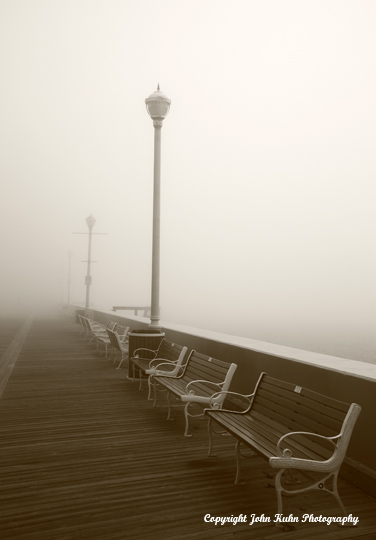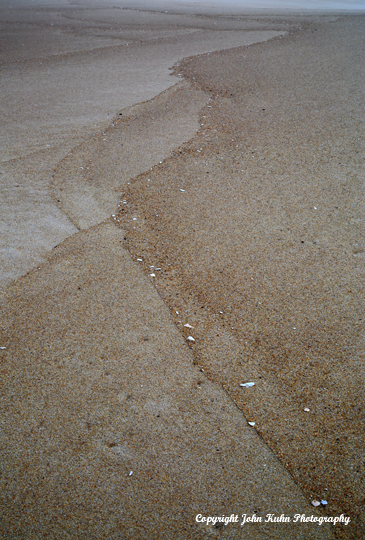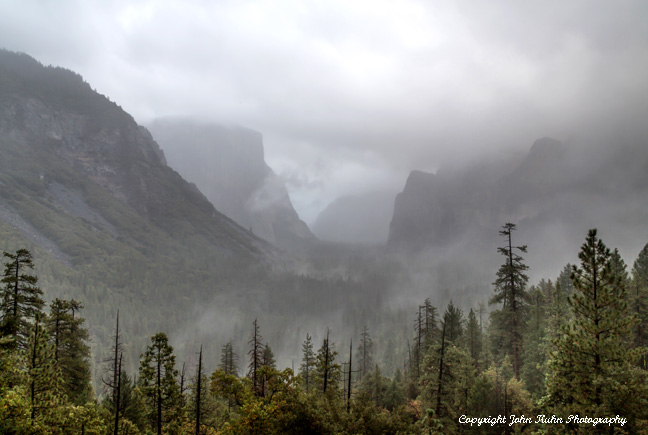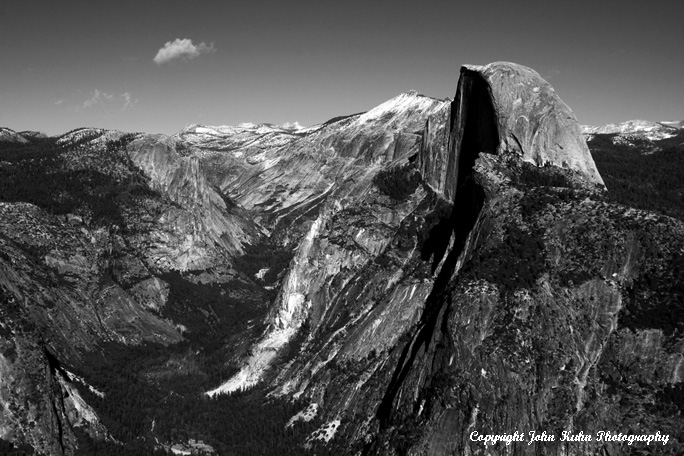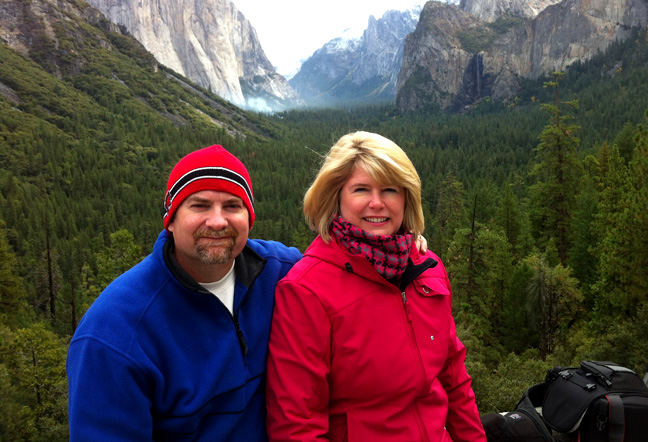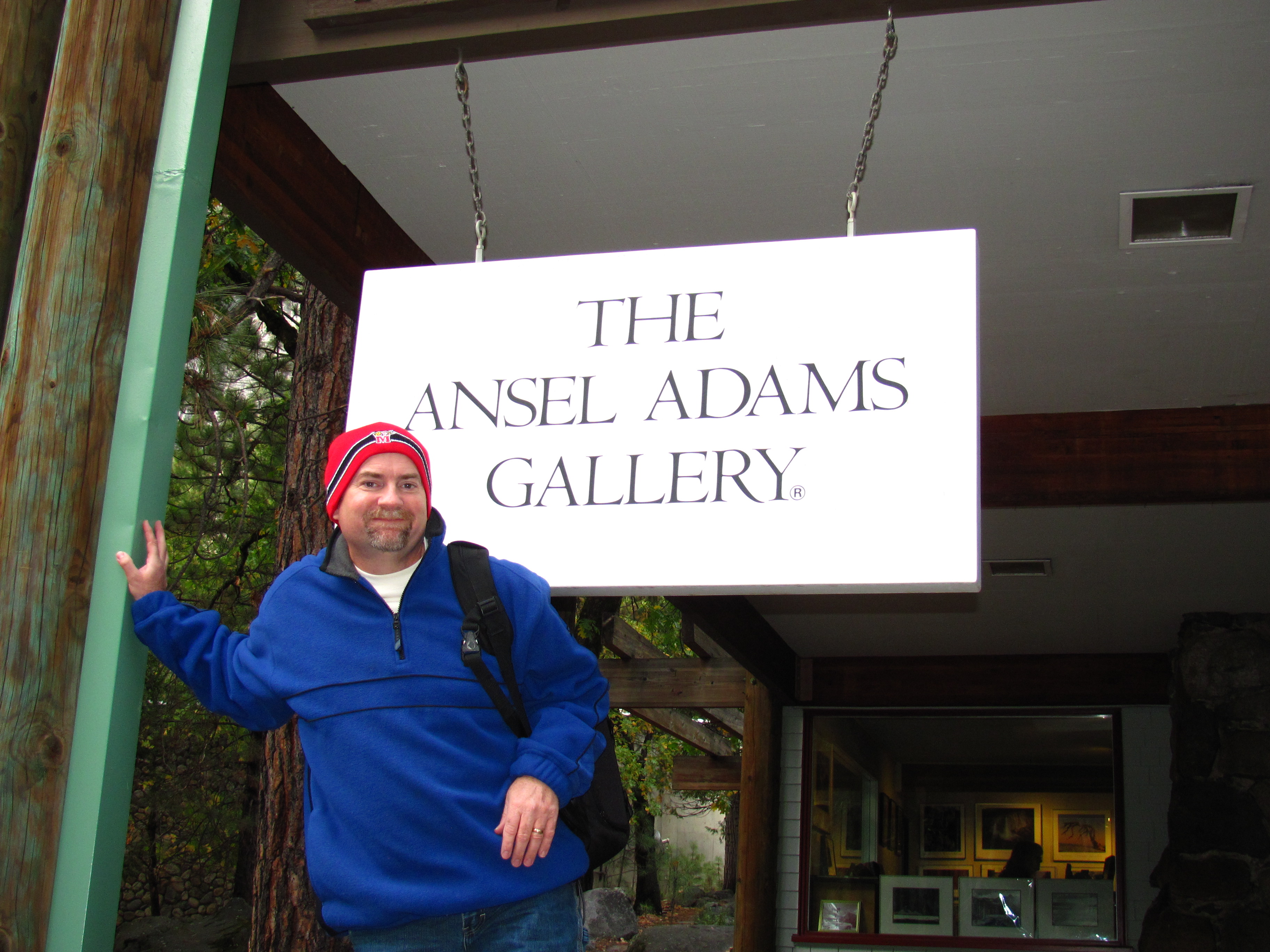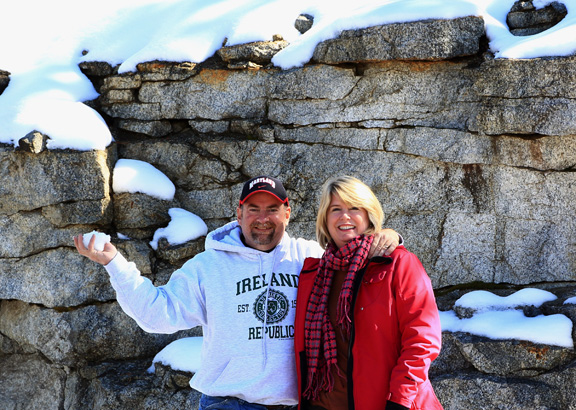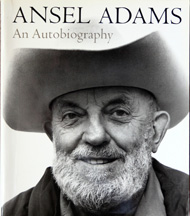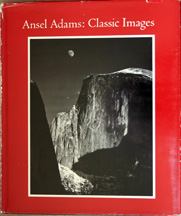Blog Posts
Back to Film
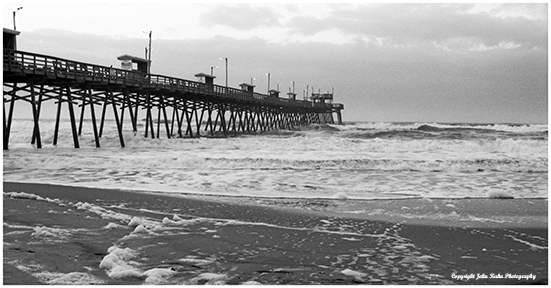
Canon EOS Elan 7ne, Kodak TMAX 100 Black & White Film
We are in a period where photographic technology has grown so much, and cameras are including more and more technology, that the camera seems to be taking the picture for us. High megapixel, “do-everything cameras” that include, IBIS (in-body-image-stabilization), high ISO with low noise output, 8K video, 10, 20 even 30 frames per second shooting, have overwhelmed the market. Add to this, fast, ultra-sharp, and compact camera lenses and there is quite a menu of highly desirable cameras and lenses to choose. Without a doubt, technology has significantly improved today’s digital cameras. I completely understand a working professional photographer who makes their living taking pictures, needing all the technology they can get in a camera thus making their job easier and improving the quality of their product. I have shot weddings and other events with both film and digital cameras and make no mistake that the digital shooting experience and immediacy of the image was far superior then when I shot film and had to wait for development to see what I captured.
Camera companies also appear to be delaying release of technology only to include that technology in the next model so you “have” to purchase that next new release. They even delay technology in certain models, within their own line, so as not to cut into the market of other complimentary models. I believe delaying of features is all part of a broader marketing strategy to not cut into your own sales and to keep consumers “wanting more”. At times cameras have barely been on the market a year and rumors begin as to what is going to be in the next release. Don’t get me wrong, I am all for the new cameras and improved technology and will admit I fully converted over to digital photography years ago now owning more digital cameras than I really need. I will confess, I have suffered from GAS (Gear Acquisition Syndrome), but for many reasons I have been hesitant to fully jump onto the mirrorless bandwagon and purchase the latest and greatest mirrorless camera. I love my Canon DSLRs, 5D Mark IIIs, Mark IV, 80D, 90D, as well as several others and still get many fantastic images from those cameras. I will also confess I much prefer an optical viewfinder to a digital viewfinder. I would rather see the actual image through my camera’s optical viewfinder than a little digital rendering in a digital viewfinder. For those that prefer the digital viewfinder with all the supporting information readily available, I totally get it, it is just not my preference.
Digital photography is here to stay and I will continue to embrace it and admit I am anxiously awaiting the second release of the Canon R5 and when it hits the street, I may break my own vow of staying away from mirrorless cameras. Regardless of when I purchase my first mirrorless camera my DSLRs will always be in my kit because they work for me and I get great images from them. I have always loved photography and embrace new and improved products but at times, it seems to be a bit much. Cameras now do everything for you, and we have gotten away from the basics of photography and for this reason, I now find myself being enticed back into film photography.
When I jumped into digital photography, I kept all my film cameras (Canon AE1, A1, F1’(s), Yashica GSN35, Yashica 124G Medium Format) among many others. I have since added more film cameras to the collection including Minolta, Nikon, Konica, Yashica, Voigtlander, many P&S, partially because family members and friends have gifted me their film cameras knowing I am a “camera guy”. Lately when I go out to shoot, I find myself pulling one of those old film cameras out to take along just for the fun of it. I even plan outings just to shoot film. Shooting film has rejuvenated something in me that seemed to be missing. I have gone back to the basics and the three main components of exposure; choosing a particular speed film, setting the shutter speed, and setting my aperture. On a recent trip to the beaches of North Carolina, I took both my Canon digital 5D Mark IV and Canon digital 90D and used both extensively. I also took my film EOS Elan 7ne, and a film Rebel G, with black & white film loaded in one and color film in the other, shooting mostly in manual mode. For this particular trip, my film camera selection was dependent on all four bodies using the Canon EF mount lens. Each time I returned from shooting, I commented to my wife “shooting these film cameras is really fun”. Planning 36 exposures is far different than machine-gunning away and deleting later what did not come out. Each film exposure requires much thought and planning especially since film is not nearly as cheap as it once was, and neither is film processing. Shooting those older film cameras is just so much fun.
Can you still purchase film? Absolutely, and it is becoming more and more plentiful. Many old film manufacturers are re-introducing older films back into the market. Like vinyl records, anything good will come back especially if there is a growing (or returning) market. How do you get your film processed? Google “film processing” and you will get many hits of companies that provide the service. I have used several film processors but lately have been mainly using “The Darkroom Lab”. The Darkroom Lab will process your film and scan the negatives for you. Using a menu system you can have them just develop the film, develop and scan, develop scan and print, push, pull, whatever you want. I still have all my darkroom equipment but for now, I will continue to send my film off for processing much preferring going out to take pictures rather than being in the darkroom. Who knows, maybe the next step in my progression will be to dust off my Black & White enlarger, pull out the tanks and trays and print my own prints again, but that is not likely to happen anytime soon.
So yes, I fully embrace the digital photography age but I am also having fun shooting film. If you are new to photography, I encourage you to shoot film with a manual film camera, so you know what your new “do everything” digital camera is doing and why.
Film Images from Emerald Isle, NC
(Kodak TMAX100, Ilford 100, Ilford 400, CineStill 400, Kodak Color Plus 200)
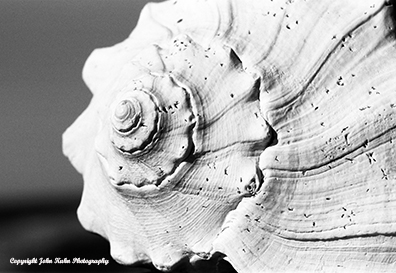
Canon EOS Elan 7ne, Kodak TMAX 100 B&W Film
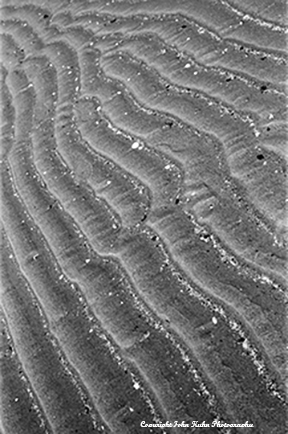
Canon EOS Elan 7ne, Kodak TMAX 100 B&W Film
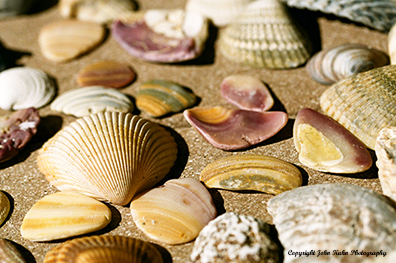
Canon EOS Rebel G, CineStill 400 Dynamic Color FIlm
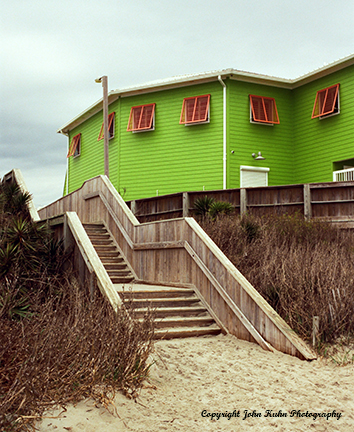
Canon EOS Rebel G, CineStill 400 Dynamic Color Film
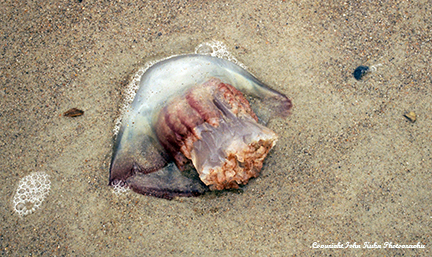
Canon EOS Rebel G, CineStill 400 Dynamic Color Film
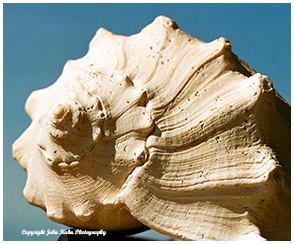
Canon EOS Rebel G, Kodak Color Plus 200 Color Film
